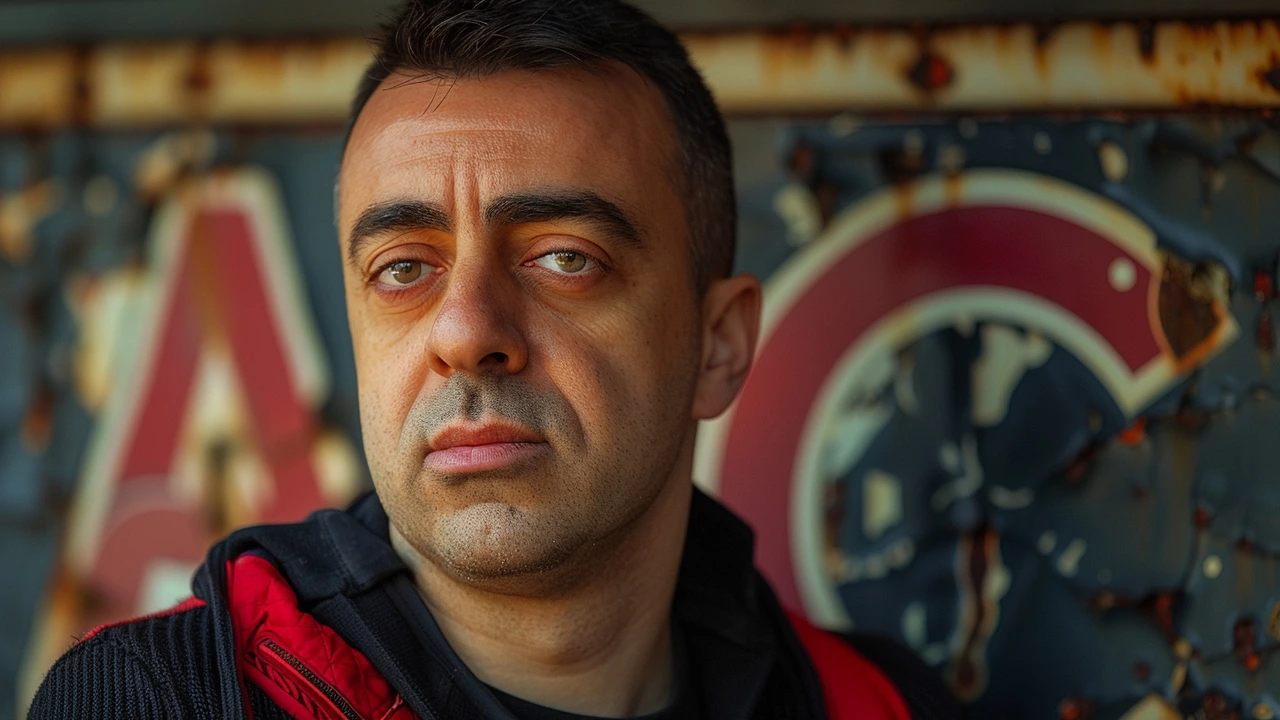Football management is about making smart choices on and off the pitch.
A good manager blends tactics, people skills, and planning to win matches and build a strong club culture.
Start with clear roles: head coach leads training and match plans, sporting director handles transfers and scouting, and analysts supply data to back decisions. In smaller clubs one person wears many hats, so prioritise tasks that give the biggest impact.
Pick a style that fits your squad. Fast counter attacks suit speedy wingers and a compact defence. Possession play needs technically confident midfielders and patience. Don’t copy the top teams blindly; adapt ideas to the players you actually have.
Man management beats tactics when a match breaks down. Know who responds to praise and who needs a firm word. Set simple rules for behaviour, training attendance, and performance feedback. Regular one-on-one chats prevent small issues from turning into big problems.
Use data to support choices, not replace judgment. Match stats, GPS tracking, and scouting reports highlight patterns and injury risks. Ask two questions: what does the data show, and how does that change what we do tomorrow? Keep reports short and actionable for coaches and players.
Build a reliable scouting network. Local knowledge matters—especially in African leagues where many talents are overlooked. Mix experienced scouts with younger analysts who can use video and online tools to find hidden gems. Focus on character as much as skill.
Manage the transfer market wisely. Set a budget and list priorities: who must join, who can develop, and who to sell. Loan deals can revive careers and help youngsters gain experience. Avoid panic buys late in the window; they often fail to fit.
Youth development is a long-term win. Create clear pathways from academy to first team. Give youngsters controlled minutes in lower-pressure games and monitor their progress with simple metrics: minutes played, key actions, and coach feedback.
Prepare for media and fan pressure. Be honest but tight-lipped on sensitive topics. A short post-match message that explains choices calms fans more than long, defensive interviews. Use social platforms to highlight training, youth success, and community work.
Plan for injuries and rotation. Have backup tactics and rotate players to keep them fresh. Track workloads and rest players before fatigue leads to injury. Small changes in training load prevent long absences.
Invest in staff culture. Coaches, medics, analysts, and scouts must share goals and trust each other. Weekly briefings and clear job descriptions reduce overlap and wasted effort.
For aspiring managers: start at youth or assistant level, keep learning, and build a network. Watch matches thoughtfully, not just for entertainment. Read simple coaching manuals, try new drills, and ask for feedback.
Football management is messy but rewarding. Focus on clear goals, practical plans, and player care. Win more by making steady, sensible choices every week.
Keep notes after each match and review them weekly. Small improvements add up fast. Celebrate tiny wins with the team and keep pushing for steady progress, match after match. Always together.

Xavi Hernandez's Potential Departure from Barcelona Sparks Interest from AC Milan
Xavi Hernandez's future at Barcelona is once again uncertain amid reports of a deteriorating relationship with the club, despite earlier confirmations of his stay. AC Milan, who are seeking a new manager, could reignite their interest in hiring Xavi as their head coach, potentially reshaping their managerial search journey.